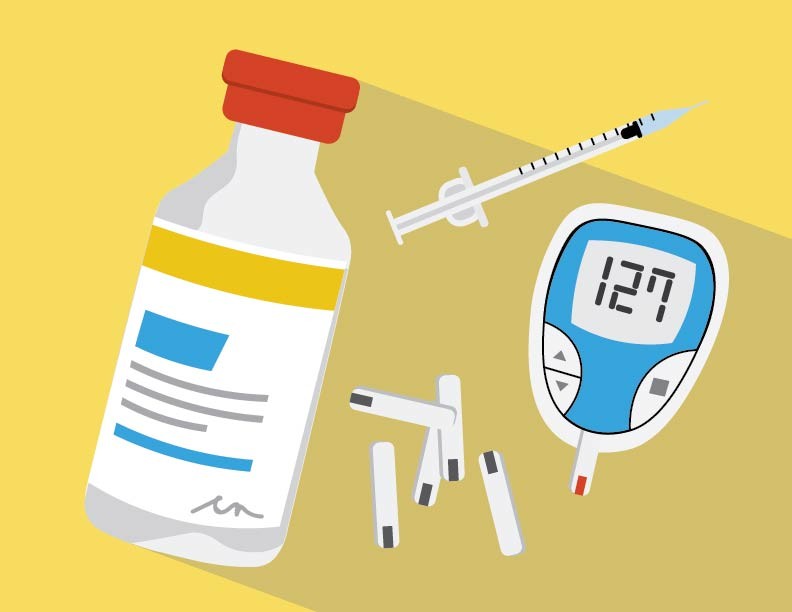A new insulin assistance program aimed at easing rising insulin costs passed the Minnesota House floor late last month.
The Alec Smith Emergency Insulin Act, named after the 26-year-old Minnesotan who died from lack of insulin after aging off of his mother’s insurance, would create an emergency supply to help diabetics afford their insulin. The House passed the bill on April 25 as part of its health and human services omnibus bill.
Rep. Michael Howard, DFL-Richfield, authored the bill. He said it targets Minnesotans in situations similar to Alec’s, earning too little to afford their insulin but too much to be eligible for public programs.
“Really the premise of the bill is to make sure that no Minnesotan loses their life because they can’t afford the insulin they need to survive,” Howard said.
Minnesotans who qualify have access to a 90-day supply of insulin at a significantly reduced price. Applicants who are either uninsured or face out-of-pocket costs of $5,000 or more qualify for the program. The emergency supply would be funded by a fee paid by the three largest insulin manufacturers controlling over 90 percent of the U.S. market, Howard said.
“Over the last ten years, the price of insulin has tripled, and meanwhile the manufacturers of insulin have made hundreds of millions of dollars of profit, and so we think that the insulin manufacturers should share in solving a crisis that they have profited from greatly,” Howard said.
Amy Felegy, a University of Minnesota senior with Type 1 diabetes, said while she likes certain parts of the bill, she is concerned healthcare providers could find ways around the program.
“My first thought is that I’m kind of skeptical of it, only because I feel like there could potentially be loopholes with this bill,” Felegy said. “There’s a lot of kinks that I think they still need to work out, because it’s not a simple issue, and I don’t think it ever will be.”
Kaila Kemnetz, a University senior with Type 1 diabetes, said she also has concerns about gaps in the bill, but likes that it holds insulin manufacturers accountable. She said she is worried about the wait time for applicants to hear back about their eligibility.
“It’s definitely a lot better than nothing,” Kemnetz said. “In regards to insulin specifically, I do think that a lot of the … financial burden is being caused by the manufacturer companies.”
Nathan Shippee, associate professor in the Division of Health Policy and Management at the University’s School of Public Health, said he sees the bill as a state response to systemic issues with health care in the U.S. These issues are largely driven by a profit motive, he said.
“When Alec Smith or other individuals are rationing insulin, … they’re not choosing to do that; that’s because of a broken way that we have of paying for health care where … a lot of gaps exist,” Shippee said.
Nicole Smith-Holt, mother of Alec Smith, said her son would still be alive if Minnesota had established The Alec Smith Emergency Insulin Act.
“He died because he could not afford the current list price for his life. … No one prepares a parent for hearing the words, ‘I’m sorry ma’am but your son is dead,’” Smith-Holt said in a testimony for the bill in March.

















